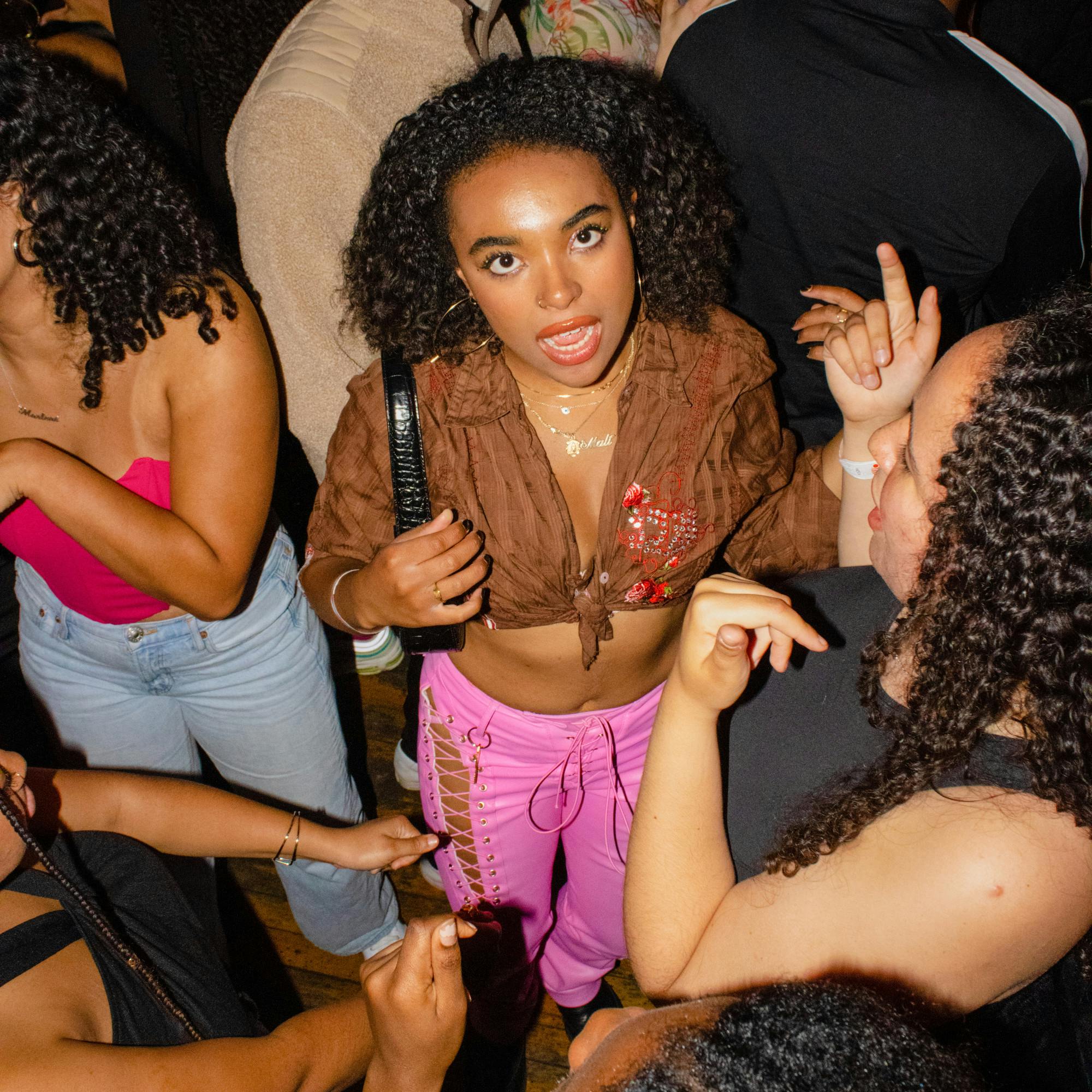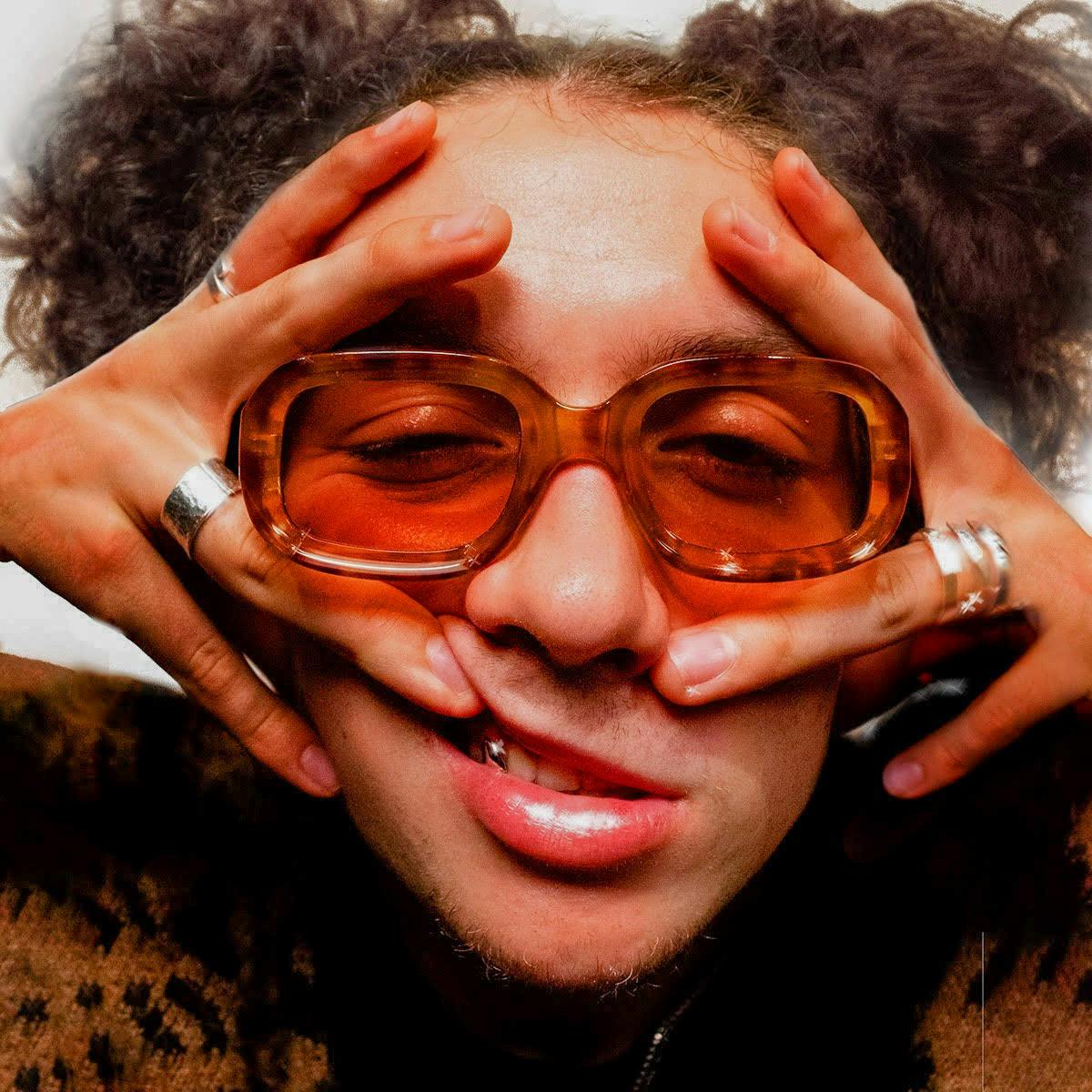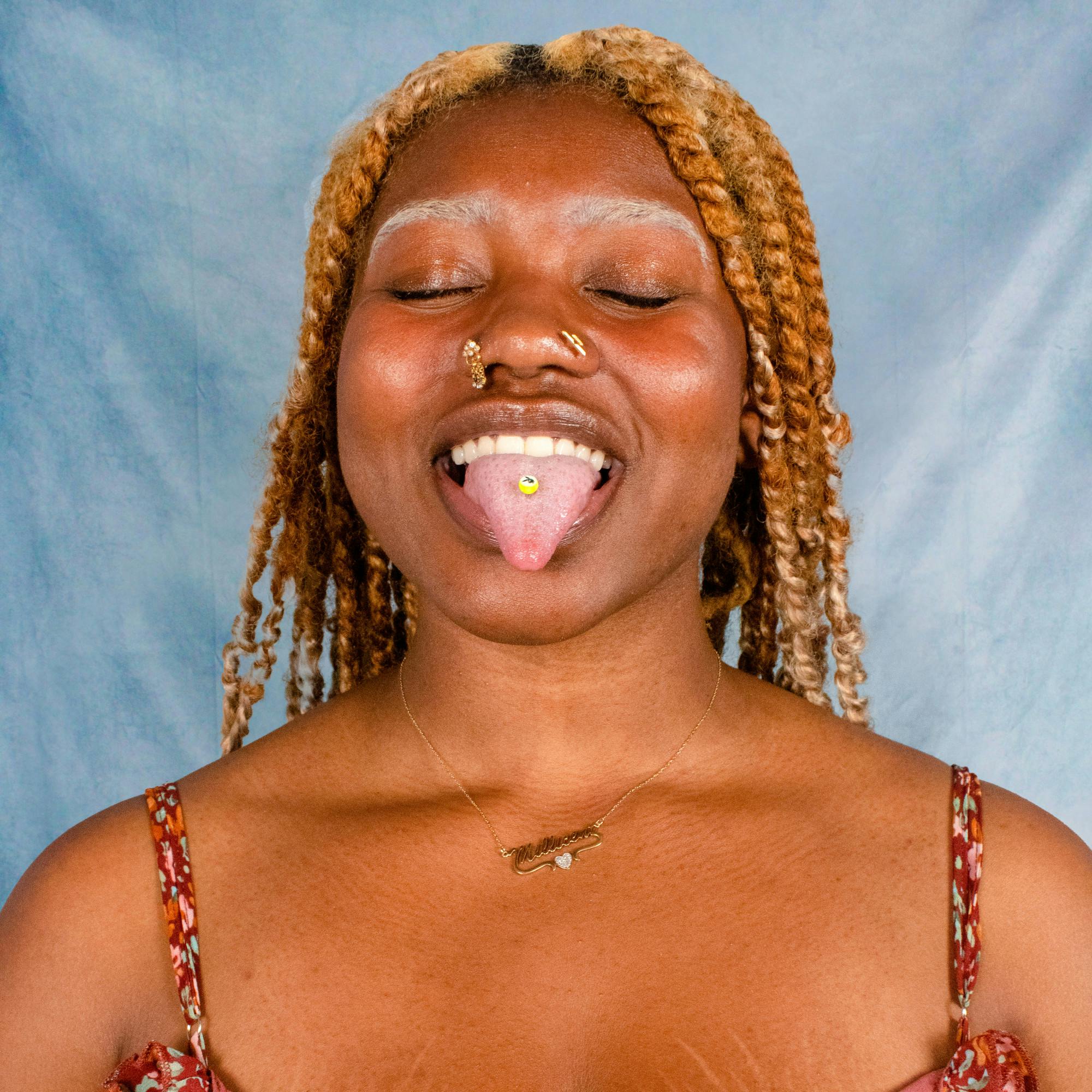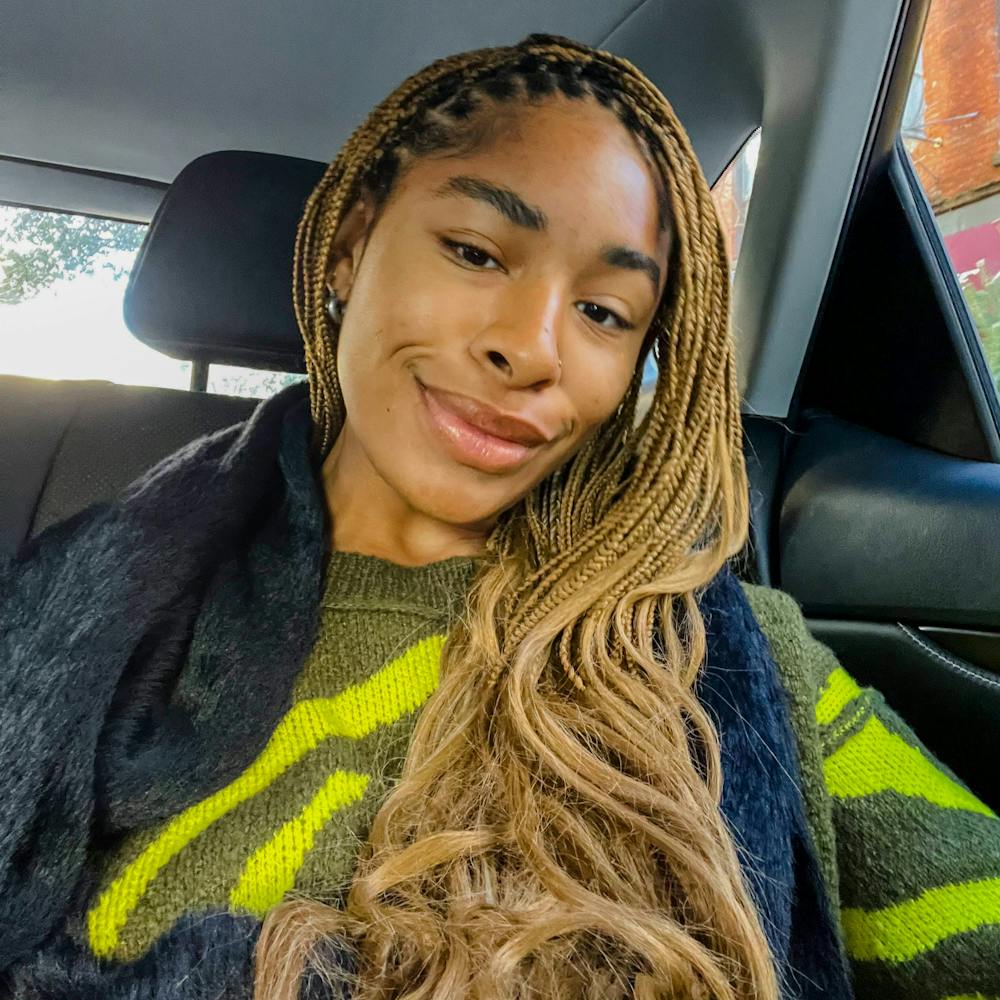Dori Walker ’24 entered the Blue Room with a sizable black box tapping the side of her knee. She came to talk about her work and her creative practices and processes. Also, she had to return a camera.
Walker is a student photographer and videographer at Brown, concentrating in Modern Culture and Media.
“I grew up being a very artistic kid, drawing a lot, painting a lot, doing dance, practicing the violin,” Walker said. But as she grew up, school began to take precedence.
“I got here and I was really scared of approaching the practice of art,” Walker said. “I didn’t see myself as someone who did art.”
She came to Brown knowing that she was interested in media but planned to study economics, political science or ethnic studies. Only about a year and a half ago, in the fall of her sophomore year, did her focus truly began to shift when she became the co-chair of digital media for the Black Student Union, primarily taking photos at student events.
In the spring, Walker took a “filmic practice” class in the MCM department as well as a visual photography class in the Visual Art department. There, she “learned a lot about the mechanics of photography” and began to accumulate enough knowledge to hone her own practice, she said.
‘Centering Blackness in photography’
Taking photos “started as a way for me to show the people in my life how I see them,” Walker said. Now, though, she also makes room for her own artistic intent in her photos.
According to her digital portfolio, her “work aims to center Blackness and explore how we can shed radically transformative light on the Black identity and the existing catalog of Black visuality.” Walker explained that “there’s always a goal of achieving a kind of stoicism in my photography with my subjects — a kind of regality to how people are rendered.”
“I definitely want the way I photograph Black subjects to elicit sentiments of respect from people,” Walker said. “That can take a bunch of different forms. Sometimes my shoots are more serious, and sometimes they’re more fun and playful.”

Spring Weekend BSU Party
Courtesy of Dori Walker
Walker also noted that her intention to “emphasize who the subject is as a person” remains.
monique jonath ’24, who has been a friend of Walker’s since their freshman year, feels that she takes a “tremendous amount of care with her work.”
“Dori has a way of centering Blackness in photography, and the inherent beauty and value of Black people, in a way that to me, who’s also a Black person, feels very true and loving and honest,” they said. “Even if I’m not being photographed, I still feel very seen by her photography.”
Process and projects
Walker described her artistic process as not especially organized. But she does approach video shoots systematically, creating storyboards where she breaks down almost every second.
When it comes to photography, Walker said that she’s “very heavy on post-editing.” She first learned how to use Photoshop in fifth grade and revisited the program during the initial COVID-19 lockdowns. “The things I taught myself then got reinforced when I was taking that photography class,” she said. “A lot of stuff is just me playing around and seeing what looks good.”
Walker mainly uses social media to promote her work. She has an Instagram account for her own photos and videos. Although Walker at one point considered a double concentration, she ended up choosing to focus solely on MCM.
“You just kind of have to full-send commit to the concentration that is the closest match to what your artistic practice can be,” she said. “It’s a lot of work to produce anything, whether it’s homework or art.”
“I’ve been a lot more intentional about how I approach my semester,” she added. “I have goals for my academic self but also goals for my artistic self, and they’re not always separate.”
One of Walker’s artistic goals includes a collaboration with Brown/RISD hip hop collective NOTSODIFFERENT to help produce a music video for a group called Abuelita, which is made up of musician Daiela Simon-Seay ’26 and Leven Kali Simon-Seay. Walker is also currently working on another music video for her friend Jesse McCormick-Evans ’25, who is working in collaboration with Osiris Russell-Delano ’25 and Gustav Hall ’24.

Single cover for McBaller (Jesse McCormick-Evans ’25)
Courtesy of Dori Walker
Additionally, Walker wants to revisit a project she began last year called the “Black Book,” which she described as a virtual yearbook. 77 of the photos were taken in Harambee House last year, though Walker also reached out to acquire photos from several Black students who were studying abroad.
Zoe Ubamadu ’24, one of the many students to be included in the “Black Book,” wrote that she finds Walker’s photography “equal parts meaningful and significant” in a message to The Herald.
“As a model, I feel very seen by Dori and her work,” she wrote. “She seeks to tell stories through her creative endeavors, all while uplifting her community, Brown and otherwise.”

Walker wrote in an email to The Herald that she was inspired by Toni Morrison's "The Black Book" in her creation of "The Black Book 2022," a virtual yearbook "dedicated to celebrating Black life at Brown University."
Courtesy of Dori Walker
After her time at Brown, Walker knows that she wants to continue her work in arts and culture. “The goal would be to do creative direction at a fashion, art-and-culture-based publication,” she said. “But I could really end up anywhere in fashion, music (or) publication.”
After finding her passion for film and photography while at Brown, Walker encouraged anyone interested in pursuing art to “just do it.”
“I feel like people should just try out the things that they’re interested in,” she said. “Nothing is mutually exclusive. You can do whatever your concentration is and also do art.”

Rya is an Arts & Culture editor from Albany, NY. She is a senior studying English and Literary Arts, and her favorite TV show is Breaking Bad.





